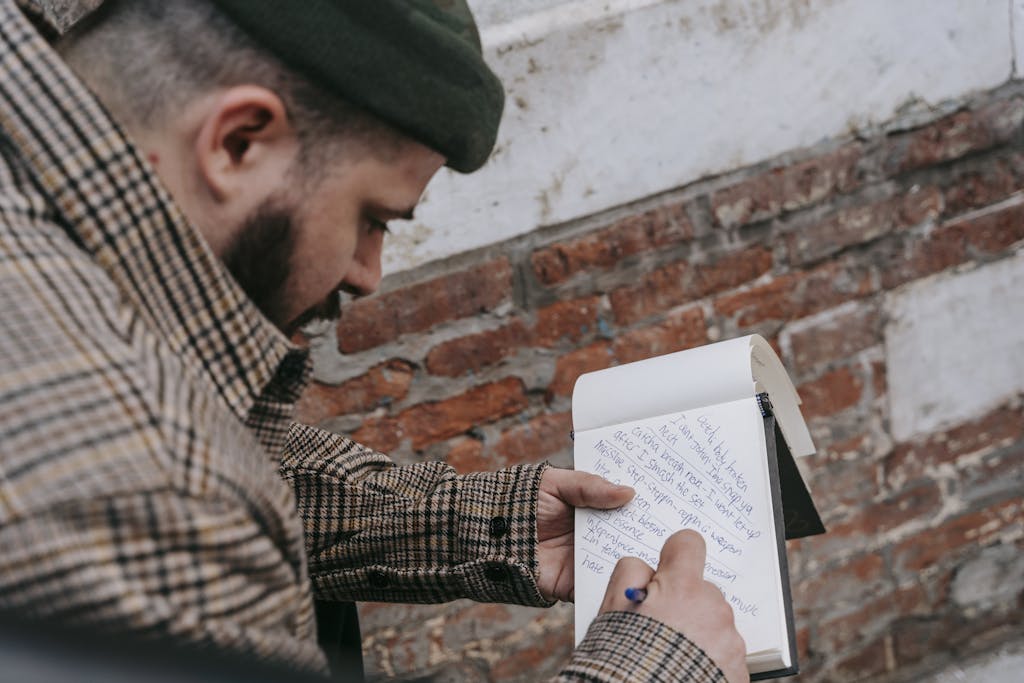Anxiety in the Music Industry

Musician Therapy Collective provides strategies and mental health support to help musicians manage anxiety about your art, and about everyday life. Anxiety shows up everywhere in the music world. Whether you’re juggling schedules, trying to make rent between gigs, or managing the pressure to create, the stress can feel nonstop. You might feel keyed up most days, drained after simple tasks, or stuck in your own thoughts. This kind of ongoing anxiety builds over time and can take a toll on your focus, sleep, and confidence. This page explores what drives that stress and offers practical ways to handle anxiety so you can keep working, creating, and feeling more like yourself.
What Causes Anxiety in the Music Industry?
Working in music often means high pressure with little stability. These common stressors can lead to daily anxiety:
The brain reacts to this kind of stress as a threat, making it harder to relax, sleep, or focus.

Common Signs of Ongoing Anxiety
Anxiety in the music industry can affect your body, thoughts, and behavior. Below are signs it may be more than just a rough day. If these show up most days, your nervous system may be stuck in a stress cycle.
- Trouble falling asleep or staying asleep
- Overthinking small mistakes or conversations
- Constant tension or racing thoughts
- Avoiding emails, calls, or social events
- Feeling numb, restless, or easily irritated
- Needing substances to feel calm or motivated
How to Ease Anxiety Without Stopping Your Career
Ease Anxiety Through Movement and Awareness
Anxiety doesn’t just live in your thoughts, it shows up in your body too. These simple, physical tools can help you feel more grounded, calm, and in control, whether you’re backstage, on a plane, or stuck in your head.
Breathe Low and Slow
Inhale through your nose, then exhale longer than you inhaled. Repeat. This signals your body that it’s safe and doesn’t need to stay tense.
Ground with Your Senses
Notice five things you see, four you can touch, three you hear, two you smell, and one you taste. It calms your nervous system.
Splash Cold Water on your Face
Cold water can reset your nervous system and lower your heart rate. Try it after a stress spike or when you feel stuck.
Use Pressure
Press your palms together, hug a pillow, or lie under a heavy blanket. Deep pressure gives your brain a message that you’re grounded and okay.
Yawn on Purpose
Even fake yawning can help release jaw tension and activate calming parts of your nervous system. It’s surprisingly helpful when your body’s on high alert.
Shake It Out
Literally shake your hands, arms, or whole body. It helps release built up tension and shifts your body out of fight or flight mode.
When to Ask for Help
What to Do When Anxiety Takes Over
Sometimes anxiety gets too big to handle alone. If it keeps you from doing your work, enjoying your life, or staying present in relationships, it might be time for extra support. Working with a therapist who understands the music industry can help you build coping skills that actually work for your lifestyle. You do not have to stop being creative or busy to start feeling better.
If you live in Colorado, we offer therapy services through Musician Therapy Collective. If you’re elsewhere, reach out to Backline for providers who work with people in music. See our Find a Therapist page for more information.
You Can Manage Anxiety and Keep Creating
Anxiety in the music industry is real, but it does not have to run your life. You can be a creative professional and still feel steady, clear, and connected. It takes small steps, the right support, and a bit of patience. Whether you are performing, producing, writing, or working behind the scenes, your mental health matters just as much as your work.
Explore our resources, get more anxiety help, or reach out if you want support that understands your world.
Tags: #MusicianTherapyCollective #EverydayAnxiety #MusicianMentalHealth #MusicIndustrySupport #MusicianWellness #TourLifeSupport #CreativeWellness #MusicianSupport #StageMindset #MusicianLife
